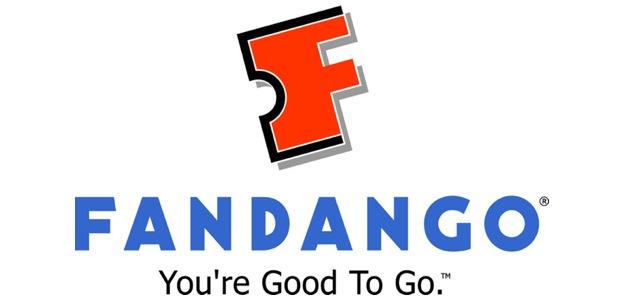 Fandango isn’t just for buying tickets anymore – or, at least, it won’t be for much longer. That’s apparently the message being sent by the online movie ticket marketing machine with its announcement today of hiring Paul Yanover, a former executive at the Walt Disney Company, today. Yanover will be taking on the newly-created role of President within the Comcast-owned company, which is in itself a sign of changes from its usual operating strategies.
Fandango isn’t just for buying tickets anymore – or, at least, it won’t be for much longer. That’s apparently the message being sent by the online movie ticket marketing machine with its announcement today of hiring Paul Yanover, a former executive at the Walt Disney Company, today. Yanover will be taking on the newly-created role of President within the Comcast-owned company, which is in itself a sign of changes from its usual operating strategies.
Yanover comes from a background in digital development. At Disney, he served at the Executive Vice President and Managing Director of Disney Online, where he headed up development of various interactive brands like Babyzone.com, Family.com, FamilyFun.com and Kaboose.com (He also worked in senior management of the Disney Parks & Resorts Online division). Aside from his stint with the House of Mouse, he has worked with Lookout Interactive Media and co-founded Ceiva Logic, a company that offered the first Internet-connected digital picture frame.
With his appointment in the newly-created President position, Yanover will take control of the company from Rick Butler, who remains with Fandango in his current position as Executive VP and General Manager. In fact, not only does Butler get to keep his title, but he also gets to keep a lot of his current duties, remaining in charge of day-to-day operations and managing existing relationships with theaters. Yanover, then, will be investigating other areas of expansion for Fandango, taking the company – and the brand – beyond what most people would expect from the service.
According to a report appearing in the Hollywood Reporter, Yanover has been tasked with not only “a specific focus on strategic partnerships with movie studios,” but also creating new products and content to feature the Fandango brand, including “moving reviews, commentary and celebrity interviews.” Yanover will be reporting in his new role to Nick Lehman, the President of Digital for NBC Universal Entertainment Networks and Integrated Media, which in itself sounds as if Fandango is being groomed to have a heavier emphasis as destination for content than has been traditionally the case. Lehman seems optimistic about what Yanover can do as Fandango President, saying in a statement that he is “the ideal leader to build on the incredible momentum of this business as Fandango broadens its offerings for consumers, advertisers as well as exhibitors – and maximizes the unique benefits of being a part of NBC Universal.”
That last line is telling; “the unique benefits of being a part of NBC Universal” include having access to Universal’s library and promotional materials in ways that other sites don’t have – so are we looking at Fandango becoming an all-purpose movie site before too long? And just how deep will that makeover end up being, when it happens?


